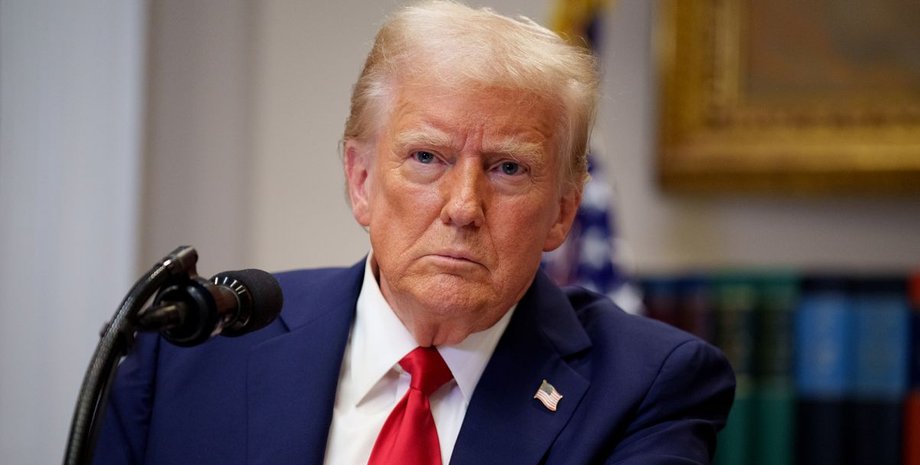
 By Natali Moss
By Natali Moss
At first, he believed that some progress had been made and planned a one-on-one meeting at a summit in Budapest, where he hoped to discuss next steps to resolve the war in Ukraine. However, in the following days, the American administration realized that the Kremlin's position on ending the war remained practically unchanged.
According to American officials, the constant strikes by Russian troops on the civilian population, categorical demands for Kyiv to stop hostilities on Moscow's terms, and the refusal of an immediate ceasefire proved that the situation has not changed after previous contacts with Putin. "I thought it was wrong, and I didn't see the prospect of making real progress," Trump explained, commenting on his decision to cancel the planned meeting at the summit.
The new sanctions against Russia were welcomed by Trump's allies in Europe and many of his supporters. In particular, the package of measures foresees restrictions for the largest Russian oil companies - Rosneft and Lukoil. According to the US president, the decision to impose sanctions was made after long-term monitoring of Moscow's actions and was a logical step in response to the long-term aggression against Ukrainian civilians.
Senior White House officials say that Trump's views changed gradually due to constant disappointment in the results of negotiations with Putin. The president has repeatedly noted that even "good conversations" with the Russian leader often "do not lead anywhere" and do not yield concrete results.
After the phone call to Putin, Trump held a meeting with Ukrainian President Volodymyr Zelensky, which was marked by tension: the Ukrainian side did not receive the long-range Tomahawk missiles it had requested, and Trump insisted on possible concessions that could lead to an end to hostilities. The bombing of Kharkiv, during which the kindergarten building was damaged, was also a key impetus for decisive action.
Video from the scene shows terrified people running out and rescuing children from the burning building. The American side noted that this strike finally convinced the president of the need for immediate sanctions. Before announcing the new restrictions, Trump held a series of consultations with Treasury Secretary Scott Bessent and Senator Marco Rubio, who have long pushed for tougher measures against Moscow.
The new sanctions package was passed quickly, a surprise even to some of the president's closest advisers. Moreover, American officials noted that Trump continues to leave open the possibility of future negotiations with Putin, but any meeting should bring a real result and contribute to a peaceful resolution of the conflict.
According to White House press secretary Caroline Levitt, the administration wants to make sure that any meeting with the Kremlin will be an "effective use of the president's time" and will have concrete results to end the war in Ukraine. It is emphasized that this decision was the culmination of months of evaluating Russia's actions, thinking about the effectiveness of negotiations and the personal impact on the president of the events that happened in Ukraine.
Trump emphasizes that now is the time for concrete actions, and the sanctions are a direct response to Moscow's aggressive actions. We will remind that on the evening of October 22, the US Treasury Department officially announced the introduction of new sanctions against the Kremlin due to Russia's reluctance to end the war in Ukraine. Focus also wrote that sanctions against Lukoil and Rosneft put pressure on China and India: the companies may lose cheap oil or receive secondary sanctions.










All rights reserved IN-Ukraine.info - 2022